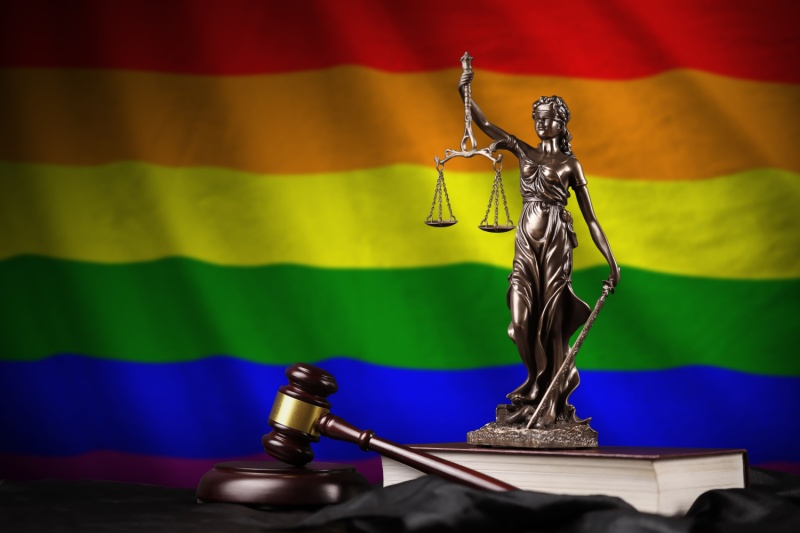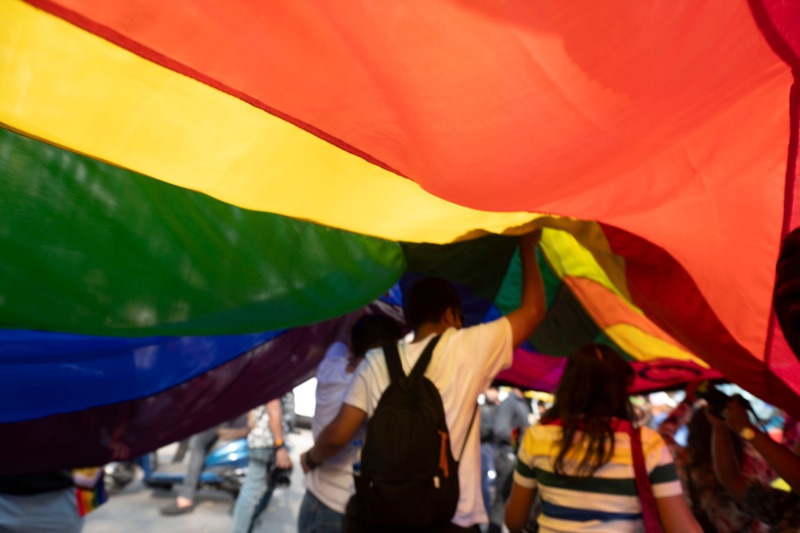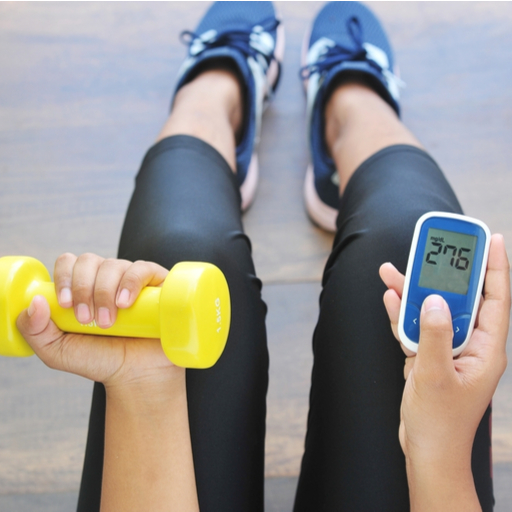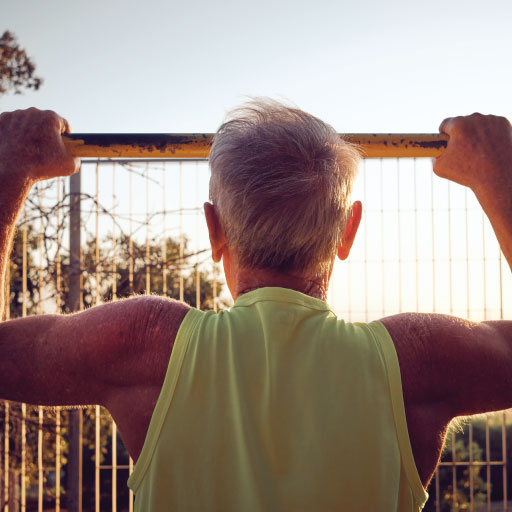
Many LGBTQIA+ individuals feel pressured to camouflage their true selves to avoid being treated differently. They might put on a performance and dress out of their comfort zone or speak in a certain way just to fit in and be accepted. Stage shows are exhausting, and if they are done every day, they are harmful to their physical and mental health.
इनके बारे में जानें:
- How does discrimination work?
- Discrimination towards the LGBTQIA+ community
- Impacts of discrimination against the LGBTQIA+ community
- What can you do to support the LGBTQIA+ community?
How does discrimination work?
Imagine a piece of paper. You create creases every time you crumple it. Later on, when you want to straighten the paper, it will be too late because no matter how you iron out the piece of paper, its creases will not go away. This is how discrimination works: Each act of discrimination leaves a mark, no matter how small it seems. These marks pile up over time, creating deep creases that are hard to smooth.
Discrimination towards the LGBTQIA+ community
The LGBTQIA+ community is always under a microscope, facing comments, judgments, and unfair treatment no matter what they do. And it’s not just people doing this—it also happens on a bigger scale.
Discrimination is like a magnifying glass contributing to an overwhelmed and exaggerated reaction. Isn’t it evident that the more prone you are exposed to discrimination, the more your body will react and be more prone to physiological and mental health conditions?
Impacts of discrimination against the LGBTQIA+ community
Now, discrimination against the LGBTQIA+ community impacts their मानसिक स्वास्थ्य significantly. Lack of support and understanding from family, friends, organizations, and peers play an important role. Not being able to be themselves and facing chronic stress due to discrimination, it is easy for people to find unhealthy ways to cope with their stressors like substance abuse, poor eating habits and reduced physical activity. These behaviours can lead to broken families, significant physiological changes, and mental health conditions such as anxiety, depression, and PTSD.
What can you do to support the LGBTQIA+ community?

If you want to do better and be better for a community that needs your support, here’s how you can help:
- You need to understand that being part of the LGBTQIA+ community is not the problem. The first step in addressing this issue is changing your mindset.
- You need to see gender as a part of a person, not their whole identity. A person is much more than their gender, which needs to be normalized. You will always have diverse people around you, and that diversity should be appreciated.
- Have open discussions about uncomfortable topics. Learn to appreciate differences and practise this early in life. This will create a more inclusive and supportive environment for everyone.
Remember that everyone deserves the freedom to be themselves and to feel safe and welcome. Treating people respectfully and kindly is the right thing to do regardless of gender or sexual orientation.
Stay tuned to the Activ Living Community. Keep up to date with the latest health tips and trends through expert videos, podcasts, articles, and much more on पोषण, फिटनेस, सचेतन, और लाइफस्टाइल से जुड़ी बीमारियां like Asthma, Blood Pressure, Cholesterol, and Diabetes. Activ Living ke saath sahi sehat ki shuruaat ABHIkaro.
You may also be interested in the following blogs:
- Dealing With The Stress Of Family Rejections In The LGBT+ Community In India
- Tips To Manage Mental Health Issues In The LGBTQIA+ Community In India
Popular Searches
How to lower blood pressure | Fruits good for liver | Unhealthy foods | रागी के लाभ | बेसल मेटाबोलिक रेट | हाई ब्लड प्रेशर के लिए एक्यूप्रेशर पॉइंट्स | Ayurvedic medicine for blood pressure | How to control cholesterol at home | Homeopathy for Asthma | Biological Age | Home remedies for TB | Natural beta blockers | Negative effects of internet | Types of walking | ब्लड प्रेशर कैलकुलेटर | ब्लड शुगर कैलकुलेटर | BMI कैलकुलेटर





 1800-270-7000
1800-270-7000










